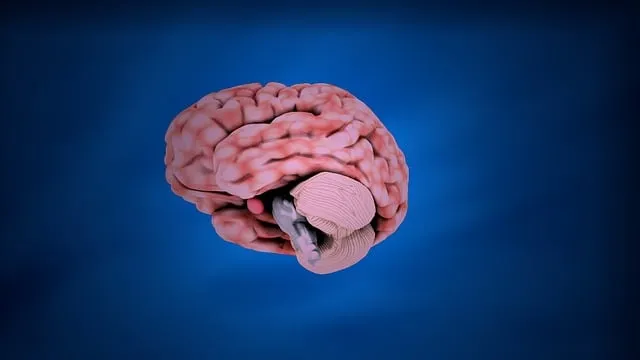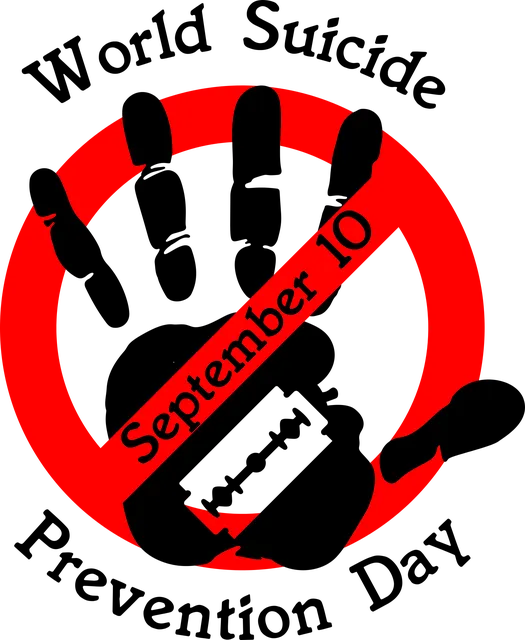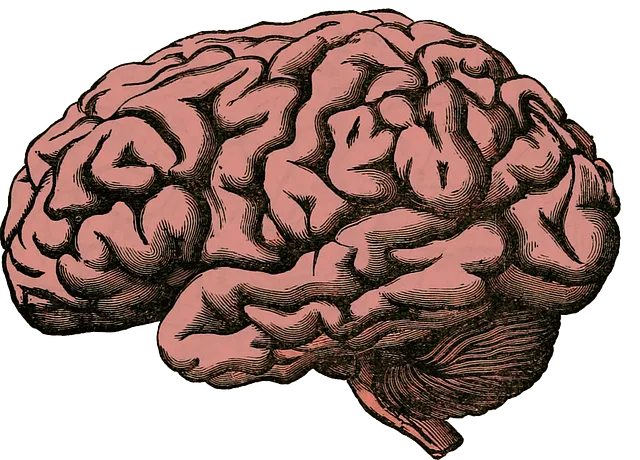Kaiser's Recovery-Focused Model (RFM) empowers patients at its Highlands Ranch inpatient facilities with resilience through evidence-based practices, stress management, and holistic care. This approach, driven by a focus on recovery, strength, and hope, goes beyond traditional medical intervention to address mental wellness needs. By combining tailored programs like mindfulness exercises, community outreach, and public awareness campaigns, Kaiser fosters individual well-being and prepares patients to face challenges post-discharge, breaking stigma and promoting understanding of mental health care in the area, including for those seeking inpatient services beyond their outpatient offerings.
In today’s fast-paced world, mental health resilience is paramount. This article explores the concept of RFM (Resilience, Flexibility, and Mastery), a powerful tool in enhancing mental well-being. We delve into its role in building resilience, especially within the context of inpatient mental health services in Highlands Ranch, focusing on Kaiser’s innovative approach. Discover effective exercises to foster resilience and understand why integrating RFM into treatment programs can significantly benefit individuals seeking support at facilities like Kaiser in Highlands Ranch.
- Understanding RFM and Its Role in Mental Health Resilience
- The Need for Inpatient Mental Health Services in Highlands Ranch
- Kaiser's Approach to Inpatient Mental Health Care
- Effective Resilience-Building Exercises for Inpatient Settings
- Benefits of Incorporating RFM into Mental Health Treatment Programs
Understanding RFM and Its Role in Mental Health Resilience

Resilience is a crucial aspect of mental health, enabling individuals to navigate life’s challenges and recover from adversity. RFM (Recovery-Focused Model) is an evidence-based approach that plays a significant role in fostering resilience. This model shifts the focus from the trauma or illness to recovery, strength, and hope. By understanding one’s resources, strengths, and coping mechanisms, individuals can build mental health resilience.
At Kaiser, the inpatient mental health services in Highlands Ranch utilize RFM as part of their comprehensive care approach, aiming to reduce the Mental Illness Stigma and provide Trauma Support Services. This model encourages patients to identify personal assets and develop strategies to enhance their ability to cope with stress and setbacks. Through various exercises and therapies, individuals learn to cultivate positive thinking, a key component in building resilience, ultimately empowering them to take control of their mental health journey.
The Need for Inpatient Mental Health Services in Highlands Ranch

In Highlands Ranch, the demand for comprehensive inpatient mental health services is evident due to the growing awareness of emotional well-being promotion techniques. Many residents seek specialized care that addresses a range of mental health concerns, from anxiety and depression to more severe conditions requiring intensive treatment. While Kaiser and other healthcare providers offer outpatient services, some individuals benefit from the structured environment and around-the-clock support provided by inpatient facilities. This is especially true for those navigating complex mental health challenges or recovering from traumatic events.
The need for these services underscores the importance of initiatives aimed at improving mental wellness. The recent production of a Mental Wellness Podcast Series, for instance, has been well-received, offering valuable insights and self-awareness exercises to help residents manage their emotional health. Such efforts contribute to a more informed and resilient community, where individuals are equipped with the tools to navigate life’s challenges and promote their overall mental wellness.
Kaiser's Approach to Inpatient Mental Health Care

Kaiser’s Approach to Inpatient Mental Health Care focuses on a holistic and individualized treatment model for patients in the Highlands Ranch area. They recognize that inpatient care goes beyond medical intervention; it’s about fostering resilience and empowering individuals to manage their mental health effectively. This approach emphasizes the development of inner strength through a combination of evidence-based practices and self-awareness exercises tailored to each patient’s unique needs.
The facility leverages Public Awareness Campaigns Development as a tool to educate both patients and the community, breaking down stigma and promoting understanding. By integrating these strategies, Kaiser aims to provide not just acute care, but also long-term solutions that build resilience, enhance well-being, and support individuals in their journey towards mental health recovery and improved quality of life.
Effective Resilience-Building Exercises for Inpatient Settings

Resilience is a vital component of mental health recovery, and inpatient settings offer a unique opportunity to implement effective resilience-building exercises. At Kaiser’s inpatient mental health facility in Highlands Ranch, for instance, tailored programs can significantly enhance patients’ ability to cope with challenges. These exercises should focus on empowering individuals to manage stress, regulate emotions, and adapt to change. One such approach is incorporating mindfulness practices, which have been shown to boost confidence and reduce anxiety among patients. Simple yet powerful techniques like deep breathing, meditation, and yoga can be easily integrated into daily routines.
Furthermore, community outreach program implementation within these settings can foster a sense of belonging and purpose. Engaging in social activities, group discussions, and mental illness stigma reduction efforts can strengthen support networks. These initiatives not only enhance overall well-being but also encourage patients to develop practical coping strategies that will serve them beyond their inpatient stay. By addressing mental health holistically, Kaiser’s Highlands Ranch facility ensures that patients leave with enhanced resilience, ready to face life’s challenges head-on.
Benefits of Incorporating RFM into Mental Health Treatment Programs

Incorporating RFM (Risk, Resilience, and Mental Health) into mental health treatment programs offers a comprehensive approach to patient care. By focusing on risk management planning for mental health professionals, these exercises empower individuals to build resilience, a key factor in maintaining long-term mental well-being. The benefits extend beyond the clinical setting, particularly for organizations like Kaiser’s inpatient mental health facilities in Highlands Ranch. By integrating RFM practices, these institutions can enhance their patients’ overall quality of life and foster a sense of self-care, which is essential for navigating life’s challenges.
This strategy also resonates with the broader focus on stress management workshops and organization among mental health professionals. Through regular RFM exercises, individuals learn to identify and manage stressors effectively, leading to improved coping mechanisms. Such initiatives can significantly contribute to the overall success of mental health treatment programs, ensuring that patients develop the tools necessary to thrive both during and after their inpatient care at places like Kaiser’s Highlands Ranch facility.
Resilience is a powerful tool in navigating life’s challenges, especially for individuals facing mental health issues. By integrating RFM (Resilience, Flexibility, and Mastery) principles into treatment programs, such as those offered by Kaiser in Highlands Ranch, inpatient mental health services can significantly enhance patient outcomes. The effective resilience-building exercises discussed in this article provide a framework for fostering adaptability and emotional strength. Understanding RFM and its impact on mental health is a crucial step towards creating supportive environments that encourage recovery and build resilience among patients.






